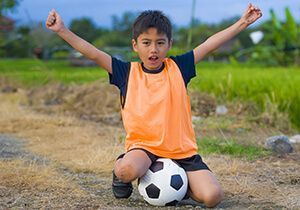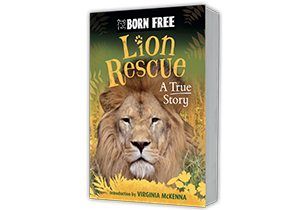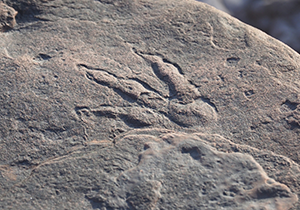
All about weather: primary resource
Explore different types of weather and the impact they can have on the environment
This primary resource helps children to think about the diversity of different types of weather and the impact it can have on the environment. What was the coldest temperature ever recorded? In what year did hailstones bigger than cricket balls fall on Texas? How many thunderstorms rain down on Earth every minute?
Pupils will learn about extreme weather, such as wildfires and Antarctic snow, as well as how the weather impacts the animals and people that live in those conditions in our National Geographic Kids’ weather primary resource sheet.
The teaching resource can be used in study group tasks, as a printed handout for each pupil, or for display on the interactive whiteboard.
Activity: Ask children to cut out the facts from their handout and, in small groups, group together all the facts about: i) types of weather, ii) the weather’s impact on animals, iii) the weather’s impact on humans, iv) cold weather types, v) warm weather types, etc. Pupils could each be assigned one of the numbers between 1 – 30, and further research its corresponding fact. This could also be applied to group work.
N.B. The following information for mapping the resource documents to the school curriculum is specifically tailored to the English National Curriculum and Scottish Curriculum for Excellence. We are currently working to bring specifically tailored curriculum resource links for our other territories; including South Africa, Australia and New Zealand. If you have any queries about our upcoming curriculum resource links, please email: schools@ngkids.co.uk
This Geography primary resource assists with teaching the following Geography objectives from the National Curriculum:
- The national curriculum for geography aims to ensure that all pupils: understand the processes that give rise to key physical and human geographical features of the world, how these are interdependent and how they bring about spatial variation and change over time
National Curriculum Key Stage 1 Geography objective:
Pupils should be taught to:
- use basic geographical vocabulary to refer to: key physical features, including: beach, cliff, coast, forest, hill, mountain, sea, ocean, river, soil, valley, vegetation, season and weather
National Curriculum Key Stage 2 Geography objective:
Pupils should be taught to:
- describe and understand key aspects of:
-
- physical geography, including: climate zones, biomes and vegetation belts, rivers, mountains, volcanoes and earthquakes, and the water cycle
This Geography primary resource assists with teaching the following Social Studies Early level objective from the Scottish Curriculum for Excellence:
- While learning outdoors in differing weathers, I have described and recorded the weather, its effects and how it makes me feel and can relate my recordings to the seasons.
Scottish Curriculum for Excellence First level Social Studies objective:
- By using a range of instruments, I can measure and record the weather and can discuss how weather affects my life.
- By exploring climate zones around the world, I can compare and describe how climate affects living things.
Scottish Curriculum for Excellence Second level Social Studies objective:
- By comparing my local area with a contrasting area outwith Britain, I can investigate the main features of weather and climate, discussing the impact on living things.
Scottish Curriculum for Excellence Third level Social Studies objective:
- I can investigate the relationship between climate and weather to be able to understand the causes of weather patterns within a selected climate zone.
Scottish Curriculum for Excellence Fourth level Social Studies objective:
- I can demonstrate an understanding of weather and climate by explaining the relationship between weather and air pressure.
Download primary resource
More Like

Jellyfish Facts!

Sport For Good!

The awesome book series from Born Free!









LEAVE A COMMENT
THANK YOU
Your comment will be checked and approved shortly.
WELL DONE,
YOUR COMMENT
HAS BEEN ADDED!
COMMENTS
CUSTOMIZE YOUR AVATAR